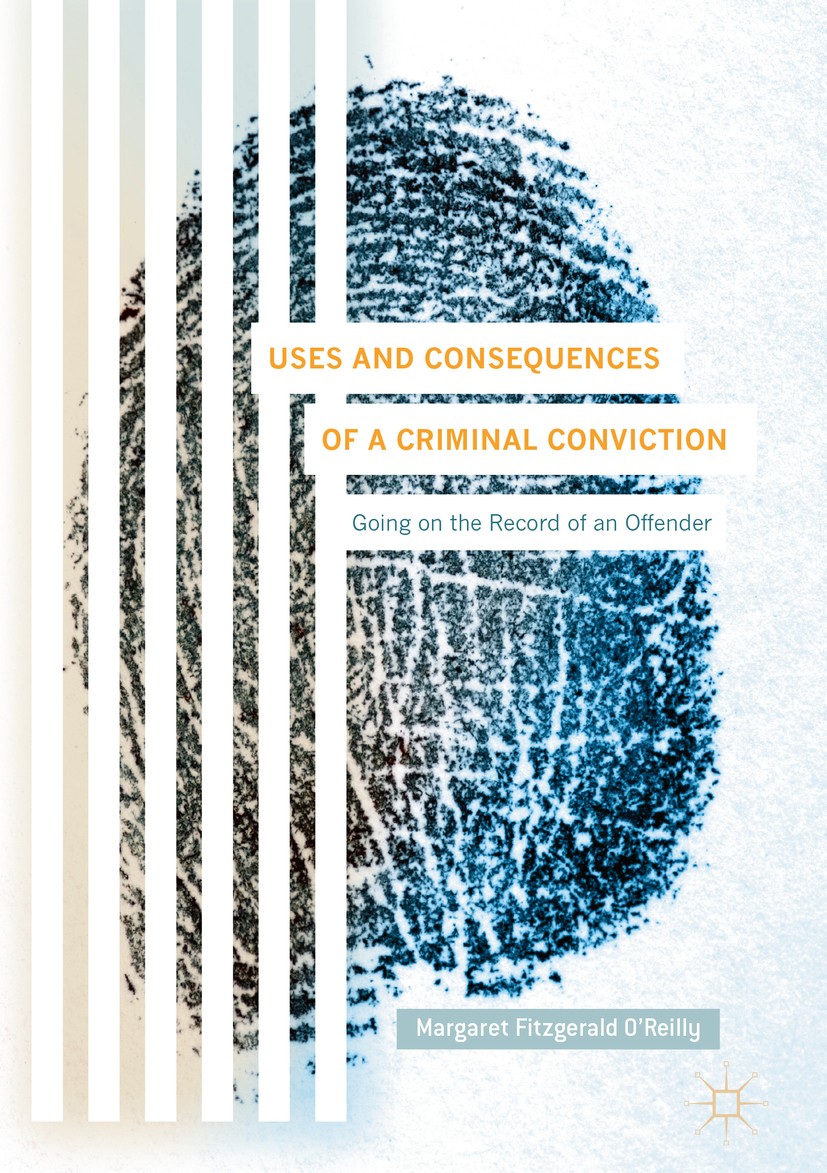| 书目名称 | Uses and Consequences of a Criminal Conviction |
| 副标题 | Going on the Record |
| 编辑 | Margaret Fitzgerald O‘Reilly |
| 视频video | http://file.papertrans.cn/945/944528/944528.mp4 |
| 概述 | Argues that the increased use of criminal records is a form of social control.Discusses the barriers that offenders can face to reach successful reintegration.Focusses on Ireland but makes some compar |
| 图书封面 |  |
| 描述 | .This book examines the increasing retention and use of previous criminal record information, within and beyond the criminal justice system. There remains a misconception that once an offender has served the penalty for an offence, his or her dealings with the law and legal system in relation to that offence is at an end. This book demonstrates that in fact the criminal record lingers and permeates facets of the person‘s life far beyond the .de jure. sentence. Criminal records are relied upon by key decision makers at all stages of the formal criminal process, from the police to the judiciary. Convictions can affect areas of policing, bail, trial procedure and sentencing, which the author discusses. Furthermore, with the increasing intensifying of surveillance techniques in the interests of security, ex-offenders are monitored more closely post release and these provisions are explored here. Even beyond the formal criminal justice system, individuals can continue to experience many collateral consequences of a conviction whereby access to employment, travel and licenses (among other areas of social activity) can be limited as a consequence of disclosure requirements. Overall, this |
| 出版日期 | Book 2018 |
| 关键词 | Prison; Punishment; Human Rights; Policing; Criminal Justice |
| 版次 | 1 |
| doi | https://doi.org/10.1057/978-1-137-59662-8 |
| isbn_softcover | 978-1-349-95981-5 |
| isbn_ebook | 978-1-137-59662-8 |
| copyright | The Editor(s) (if applicable) and The Author(s) 2018 |
 |Archiver|手机版|小黑屋|
派博传思国际
( 京公网安备110108008328)
GMT+8, 2026-1-20 08:29
|Archiver|手机版|小黑屋|
派博传思国际
( 京公网安备110108008328)
GMT+8, 2026-1-20 08:29


